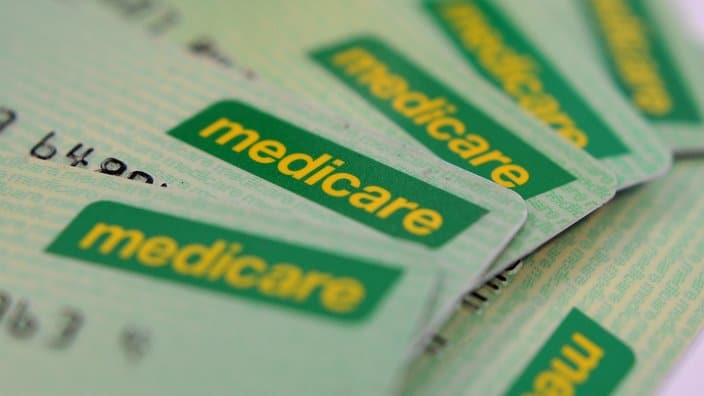A clinician-led Medicare Benefits Schedule (MBS) review taskforce is currently examining each of the 5,700 line items on the MBS to ensure they align with best practice and improved health outcomes for patients in Australia. A number of changes to the MBS according to recommendations by the Taskforce are expected to come into effect from November 2017.

Reports are regularly released for public consultation, providing opportunity for health professionals to have input on draft recommendations prior to them being delivered to the government. The Review Taskforce consists of doctors working in public and private health sectors, as well as consumer representatives and academics.
Medicare Benefits Schedule changes
One of the proposed recommendations is to match Australian GP fees with fees of specialists for identical services. The MBS review has found that there are currently 34 services which attracts a lower MBS item fee when that procedural service is provided by a GP. The recommendation is that the new fee should be set at the higher, specialist rate for 31 of the procedures which includes:
- tonsillectomies,
- laparotomies,
- and the dressing of burns.
The 31 items which are currently GP-only will be removed and GPs will instead be able to claim the corresponding specialist item. The change is being made because the Australian government recognises that minor procedures should be equally renumerated regardless of whether they are being performed by a specialist or a GP.
Top specialists earn twice as much as GPs
The MABEL (Medicine in Australia: Balancing Employment and Life) survey conducted by the University of Melbourne looked at the earnings and income of specialists in 2015 and shows there is a wide variation among medical specialists. It found that those at the top of the list – which includes orthopaedic surgeons, radiologists and ophthalmologists – earn more twice as much as those at the bottom of the list, with GPs earning the lowest hourly rate. The MBS Review recommendations on the removal of some GP-only services and allowing GPs to claim the higher fee items which were previously only available to specialists may go some way to not only recognising the valuable contributions made by GPs, particularly in rural areas, but also in decreasing the earnings gap.
The full list of procedural services to be amended can be obtained via the fact sheet entitled, Increasing the MBS for Selected Procedures Performed by General Practitioners. The change is effective 1 November 2017 subject to the passing of legislation. Other recommendations put forward by the MBS review to date include creating new MBS items for postnatal health checks conducted by GPs, midwives and obstetricians
